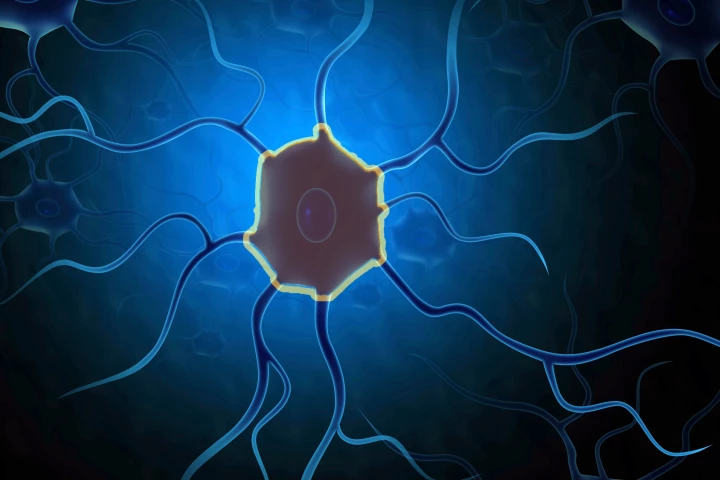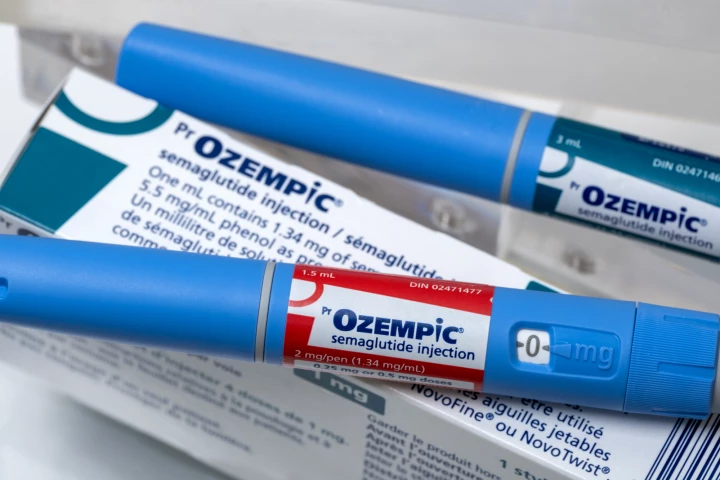The Florey Institute of Neuroscience and Mental Health
Advances in medical science from Australia's Florey Institute of Neuroscience and Mental Health
-
A new study suggests that a father’s COVID-19 infection could do more than make him sick – it may leave epigenetic marks on his sperm that pass anxiety to his offspring, revealing how viral infections can echo across generations.
-
Researchers have developed nerve grafts, currently being trialed as a treatment for Parkinson’s disease, that are invisible to the body’s immune system. It could mean that giving risky post-transplant anti-rejection drugs is soon a thing of the past.
-
Prenatal exposure to higher levels of bisphenol A, a plastic chemical known to leach into our foods and drinks, has been linked to autism spectrum disorder in boys, according to a new study that also identified the biological mechanism underlying this link.
-
Amid ongoing global shortages of semaglutide, the active ingredient in medical sensations Ozempic and Wegovy, researchers have uncovered a way to make 10 times more of the stuff, producing a therapeutically similar version of the in-demand drug.
-
Trial results have shown that a pH-balanced form of vitamin C, sodium ascorbate, effectively treats sepsis, the life-threatening complication from infection that claims 270,000 American lives every year. This treatment may not be far off use in hospitals.
-
Researchers have discovered that a chemical in the brain makes alcohol taste bitter to women. It may explain the difference in drinking habits between the sexes and pave the way for novel treatments to help women curb excessive alcohol use.
-
A new article from a team of neuroscientists is warning a future ‘silent wave’ of neurodegenerative disease may be spawned by the COVID-19 pandemic. The researchers suggest the SARS-CoV-2 virus can increase a person’s risk of developing Parkinson’s disease.
-
Regular insulin can accumulate into clumps to create blockages that pose a risk to diabetics, but scientists in Australia have engineered what they say is a safer alternative, with egg yolks serving as their starting point.







